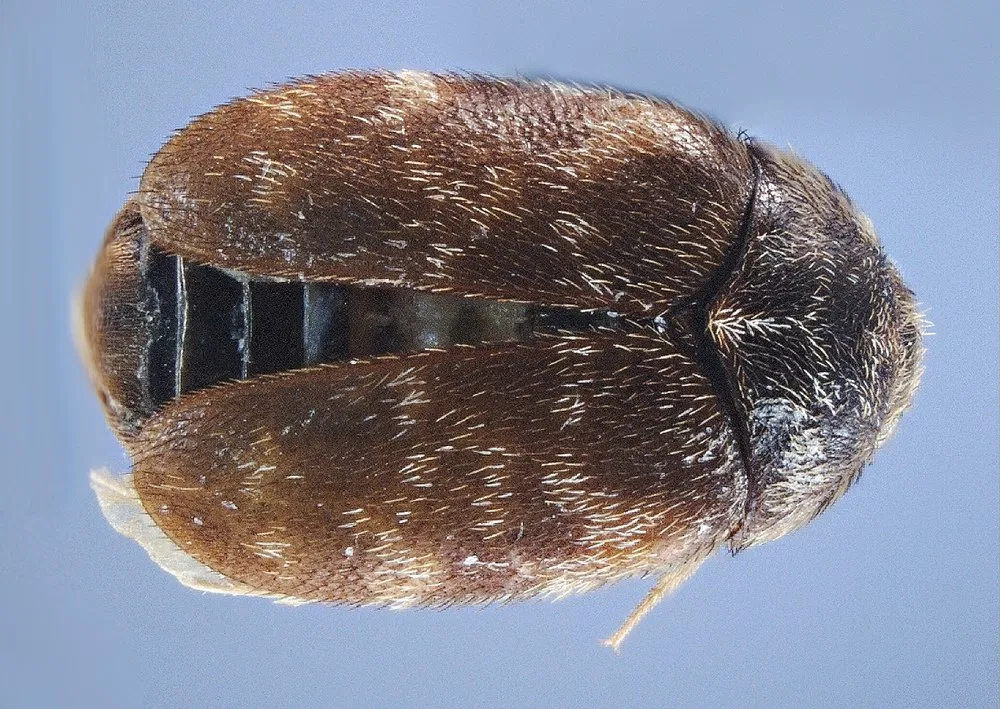Australian Khapra Beetle Update

Update as of 17 September 2020
This notice affects Australian importers and overseas exporters of high risk plant products sent via international mail (including express mail services).
The Department of Agriculture, Water and the Environment (DAWE) will commence Phase two of urgent actions to address the risk of Khapra Beetle on high-risk plant-products that are hosts of this pest.
As of mid October, the following list of high risk plant products will not be permitted entry from any country into Australia within mail articles or baggage carried by international travellers:
|
Rice (Oryza sativa) |
Wheat (Triticum aestivum) |
The following exclusions apply: goods that are thermally processed that are commercially manufactured and packaged such as retorted, blanched, roasted, fried, boiled, puffed, malted or pasteurised goods, fresh vegetables, commercially manufactured frozen food and frozen plant products or oils derived from vegetables or seed.
The DAWE explains the Khapra beetle is a significant thread to Australian plat industries, including the grain export industry. Khapra beetle destroys grain quality making it unfit for human or animal consumption. Stored products also become contaminated with beetles, cast skins and hairs from larvae which can be a human health risk.
And continues to note if the Khapra beetle enters Australia it would have significant economic consequences. An outbreak could cost Australian 15.5billion over 20 years through revenue losses arising from damaged grain in storage from exports.
The global spread of Khapra beetle is increasing and it is being detected on a wide range of plant products and as a hitchhiker pest on containers from places the beetle is not known to occur.
For all high risk plant products that are imported, the Phase 2 urgent action is enforced by the DAWE to further mitigate the risk of the Khapra beetle entering Australia
Please contact our solutions specialist for how this action from the DAWE impacts your business and importing.
We will continue to monitor the landscape and update where necessary.


